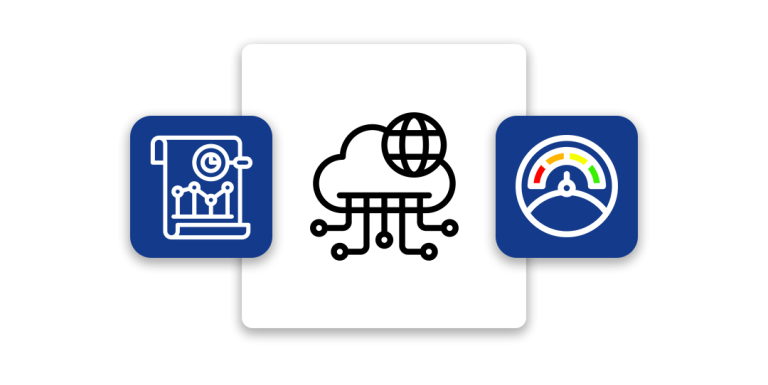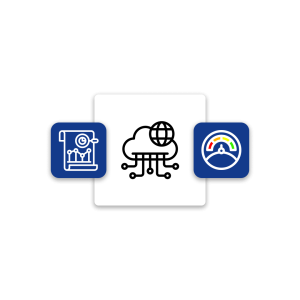What is lead scoring and how can you do it efficiently?

When working in the B2B space, assessing the quality of potential prospects is essential. This is especially important for lenders, brokers, finance companies, sales and marketing companies and anyone else operating in industries where the quality of the clients you work with has a direct impact on your bottom line.
Knowing how to score your leads effectively can give you the confidence necessary to comfortably onboard business clients and build your business. So what is lead scoring? Why is it important? And how can advances in automation technology and AI revamp your existing processes?
What is lead scoring?
Lead scoring is a method used to evaluate and rank potential prospects based on their likelihood of becoming high-quality customers. Utilising a range of criteria, lead scoring can help you identify the high-value leads that you can turn into valued customers, clients or partners.
In B2B sectors such as brokerage, lending and more general finance, the criteria used to score your leads could cover a number of different areas such as a company’s creditworthiness, their financial stability, how many years they’ve been in business or even the company shareholders.
In many respects, lead scoring should be a fundamental preliminary step in your due diligence activities. While due diligence tends to involve more in-depth investigations into clients and customers, performing accurate, high-quality lead scoring can make the subsequent due diligence process far quicker and easier.
Why lead scoring is important
As mentioned above, lead scoring can be an incredibly beneficial aspect of the client onboarding process. It allows you to understand who your leads are and whether they’ll be a good fit for your business as a long-term customer. When you perform high-quality lead scoring, the entire due diligence process is improved and you’ll have a far more accurate assessment of who your prospective clients are.
Lead scoring is important as it gives you the power to focus on growing your business while working with only the most suitable customers. You can efficiently remove any unsuitable prospects before beginning the more in-depth due diligence process; saving you time and money.
Is lead scoring the same as lead qualification?
Lead scoring and lead qualification are often conflated, but they are not quite the same thing, rather lead scoring is one of the most commonly used techniques in lead qualification. Whereas lead scoring involves assigning a score to leads based on their ability to match certain criteria, lead qualification is the overarching process by which you can filter out leads.
In short, by employing high-quality lead scoring, you will enhance your overall lead qualification process.
Automating lead scoring
Lead scoring is an invaluable tool for businesses as part of their qualification and due diligence processes, but assigning values and criteria to each prospect that comes through is often incredibly time-consuming and resource-intensive.
Our SalesTech engine eliminates this aspect of lead scoring through an automated lead scoring process.
We built SalesTech for businesses to dramatically improve their lead scoring process. With our decisioning engine, we automatically score inbound leads in seconds against criteria set by you. Utilising company data from Companies House and credit information from Creditsafe, we can assess potential leads on everything from their credit history and financial stability to any history of CCJs, insolvency or bankruptcy.
When you use SalesTech, we cut down your lead scoring time to seconds, freeing up the time and resources for you to focus on scaling your business.
For more information about our SalesTech platform, get in touch with our team today.




